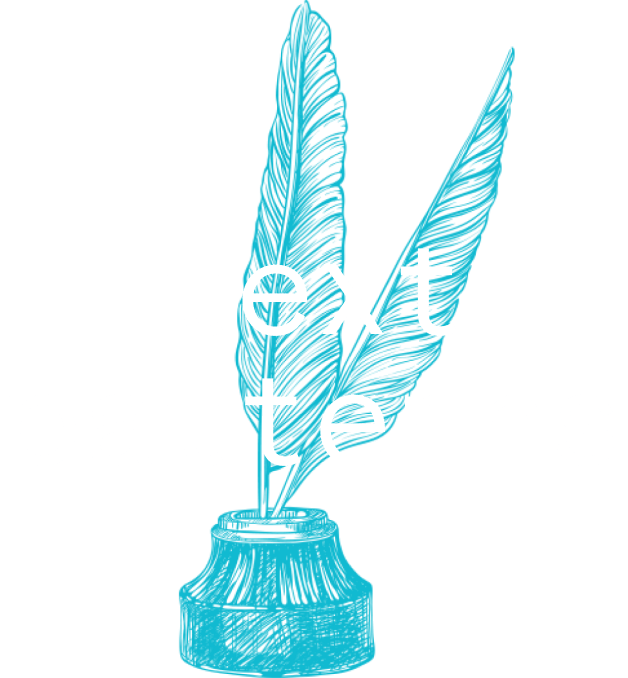October 7, 2013
on The Book of Common Prayer: A Biography
My “biography” of the Book of Common Prayer is now available and I hope some of you will buy it. It was a great deal of fun to write — though I have to say, I found it extremely challenging to fit an extremely complex story into the relatively brief format of the series. Speaking of the series, it’s a wonderful one, created by...



